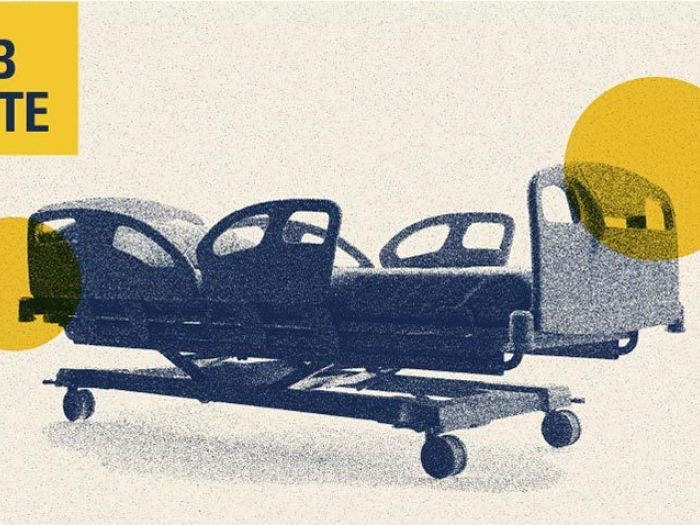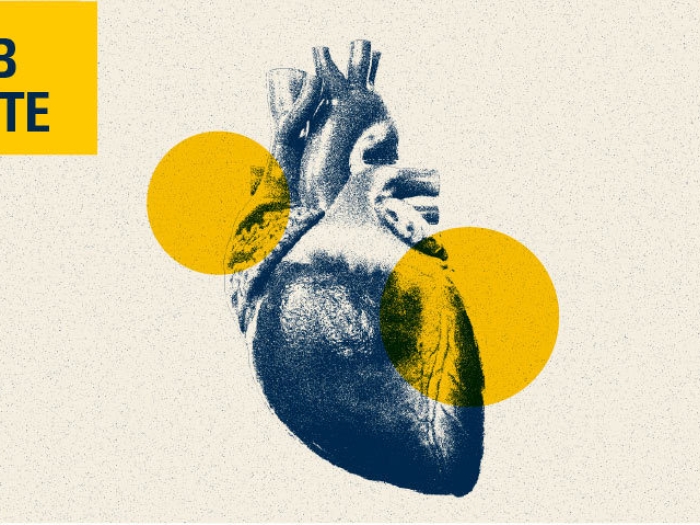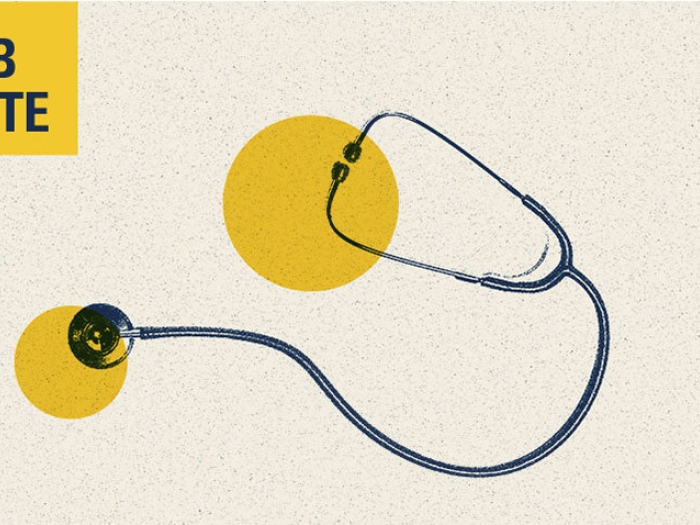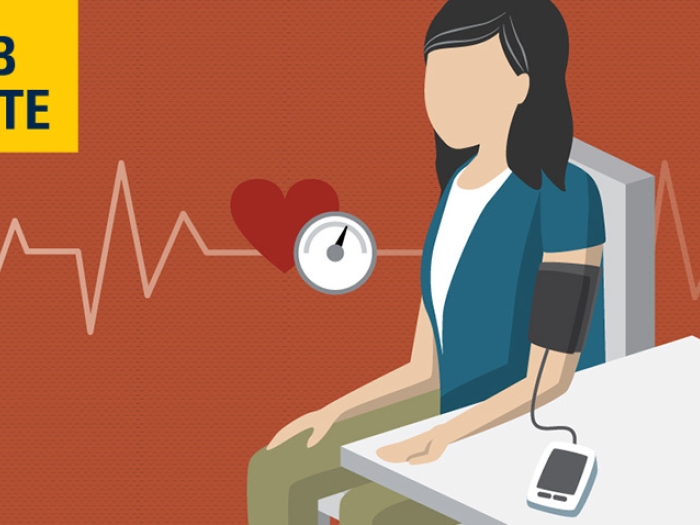Preclinical research allows for a more efficient analysis of heart conditions.
2:11 PM
Author |

A new method allows researchers to measure the force of miniature heart tissues beating in a dish.
Senior author Adam Helms, M.D., an assistant professor of internal medicine and a cardiologist at the University of Michigan Health Frankel Cardiovascular Center, said his laboratory team was able to generate thousands of miniature contracting heart tissues that organized and behaved more like regular heart muscle cells than what's been possible previously.
These heart tissues were made from induced stem cells using techniques developed with colleagues in U-M Biomedical Engineering. Researchers can evaluate the muscle contractions much more efficiently this way, he said.
"Using this technique, we find that contractile force itself is a critical influence during heart development," Helms said. "Without physiologic organization and contractile function, heart muscle cells fail to develop normally."
Heart muscle cells generated from stem cells have been incredibly useful for studying heart diseases and testing new treatments, Helms says. However, immature cells don't organize like the components of a regular heart, which can add a roadblock.
Helms said his team will continue to use these miniature tissues, which they call 2D cardiac muscle bundles, to study heart diseases and test new treatments.
"We also developed an image-based method to perform automated measurements of contractile function in these heart tissues so that we can more efficiently analyze patient heart conditions in the future," he said.
Paper cited: "Physiologic biomechanics enhance reproducible contractile development in a stem cell derived cardiac muscle platform," Nature Communications. DOI: 10.1038/s41467-021-26496-1

Explore a variety of healthcare news & stories by visiting the Health Lab home page for more articles.

Department of Communication at Michigan Medicine
Want top health & research news weekly? Sign up for Health Lab’s newsletters today!





